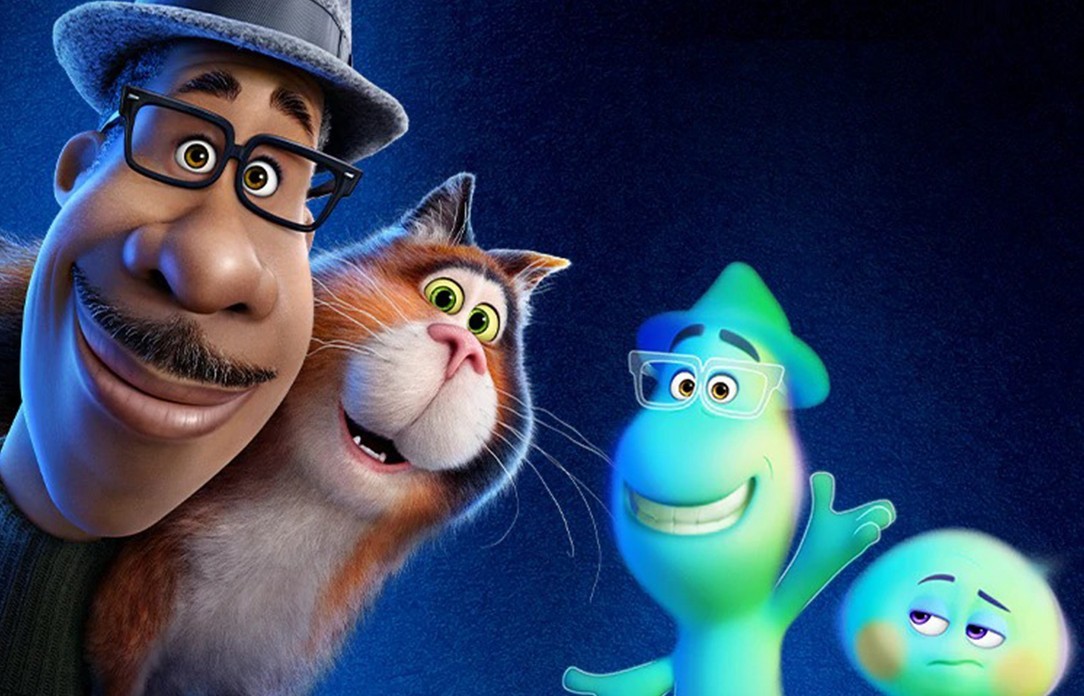Once seen as over-reliant on sequels and prequels, Pixar seem to have hit their stride of originality again. Following last year’s Onward, Soul has been hailed as a return to form. The film’s worldbuilding, however, is not especially original. It is built on a trope so prevalent that it has its own page on TVtropes.com: the afterlife as a bureaucracy.
Soul’s protagonist, struggling jazz musician Joe Gardner (Jamie Foxx), falls down another trope (sorry, I mean a manhole) having just landed the gig of his life, and finds himself on a conveyor belt of souls being ferried into an afterlife called The Great Beyond – an impersonal ball of pulsating light. Attempting to escape lands him in The Great Before, where souls are prepared for life. The Great Beyond is staffed by a bean-counting celestial hologram called Terry, The Great Before by similar androgynous, translucent avatars who are “the entirety of the universe condensed into forms humans can understand” (but you can call them “Jerry”). Joe’s attempts to return to his own body are held up by the bureaucratic edicts of Jerry and Terry, who insist it can’t be done.
Login to read more
Sign in or create a free account to access Subscriber-only content.
Topics:
